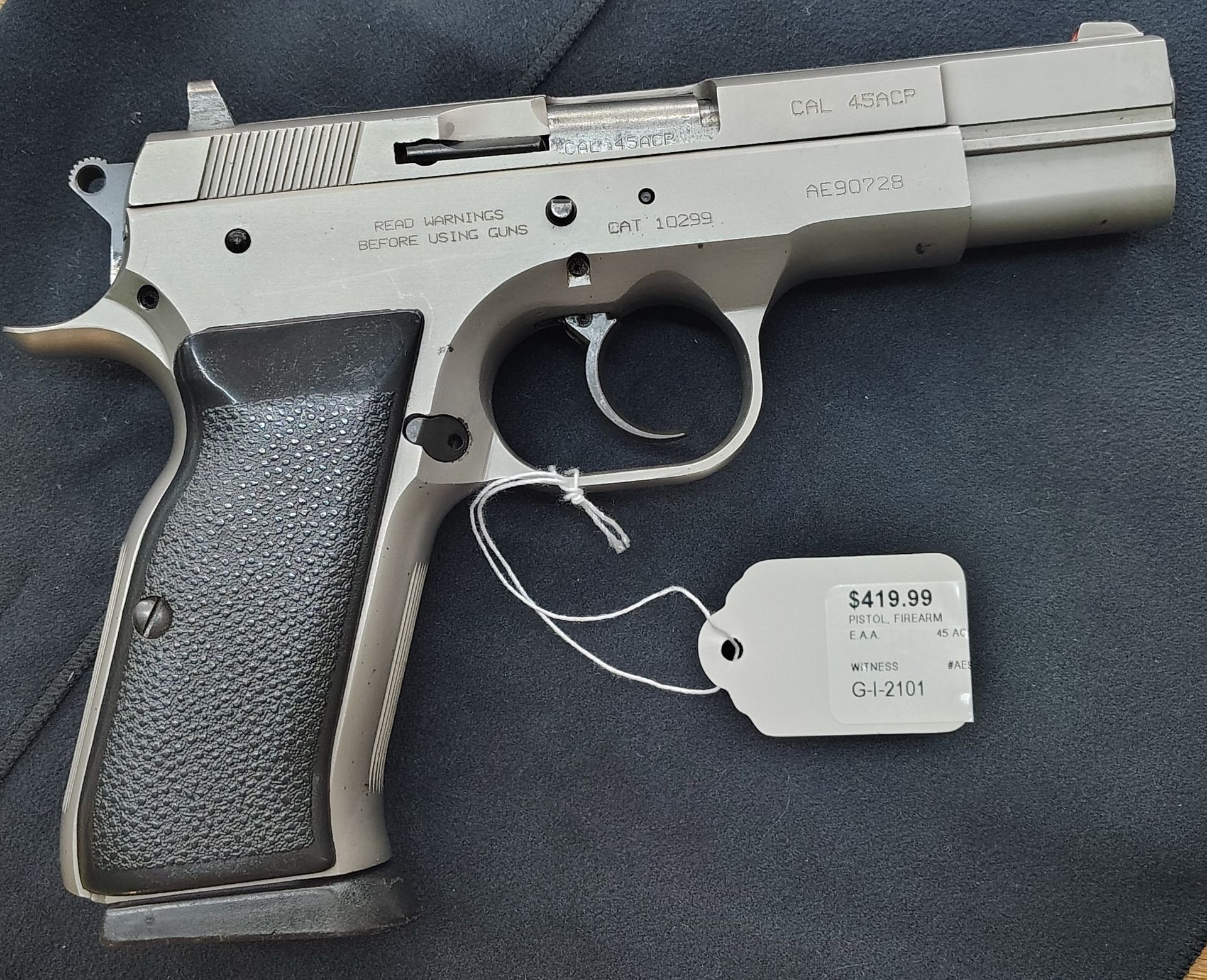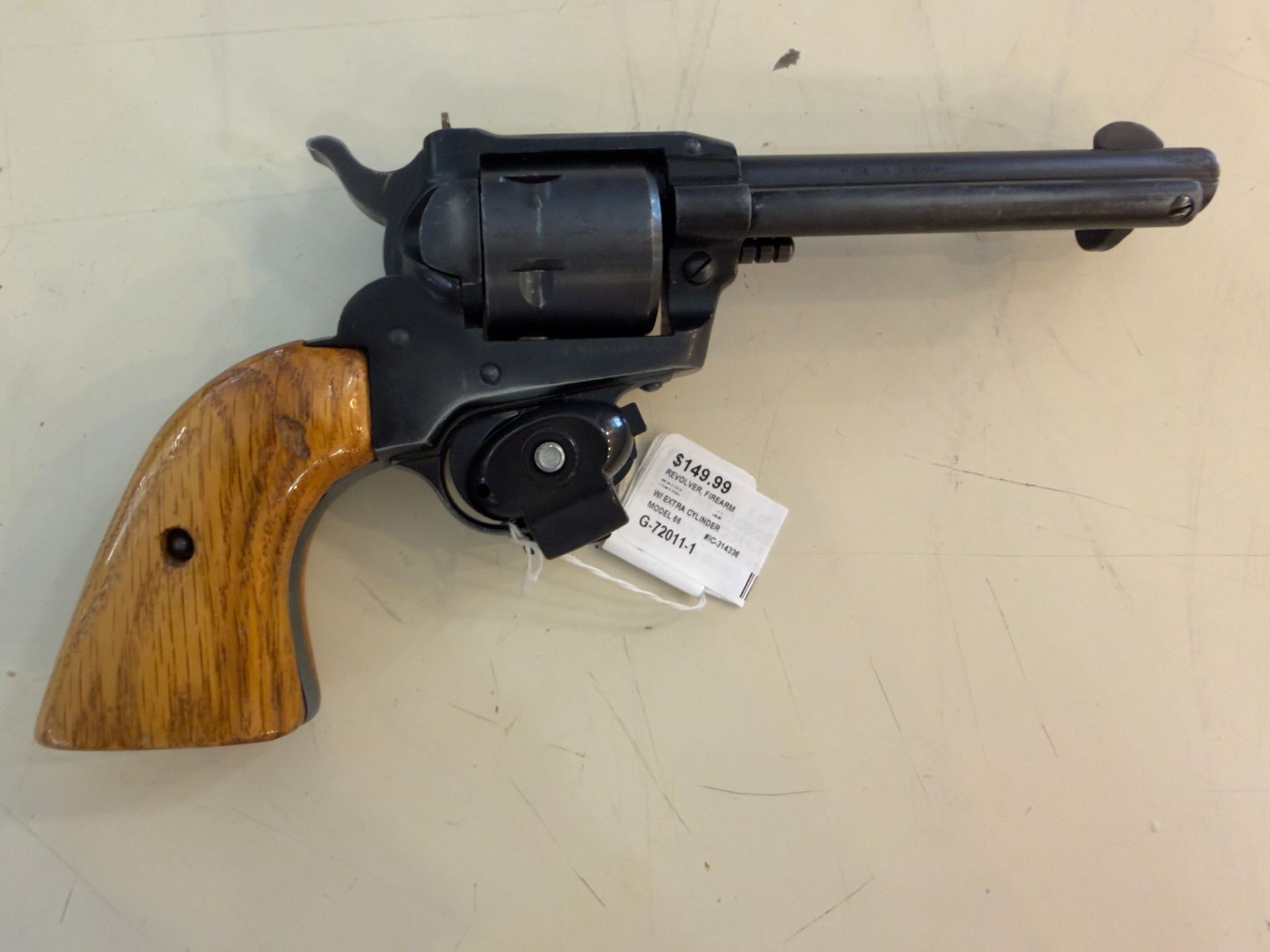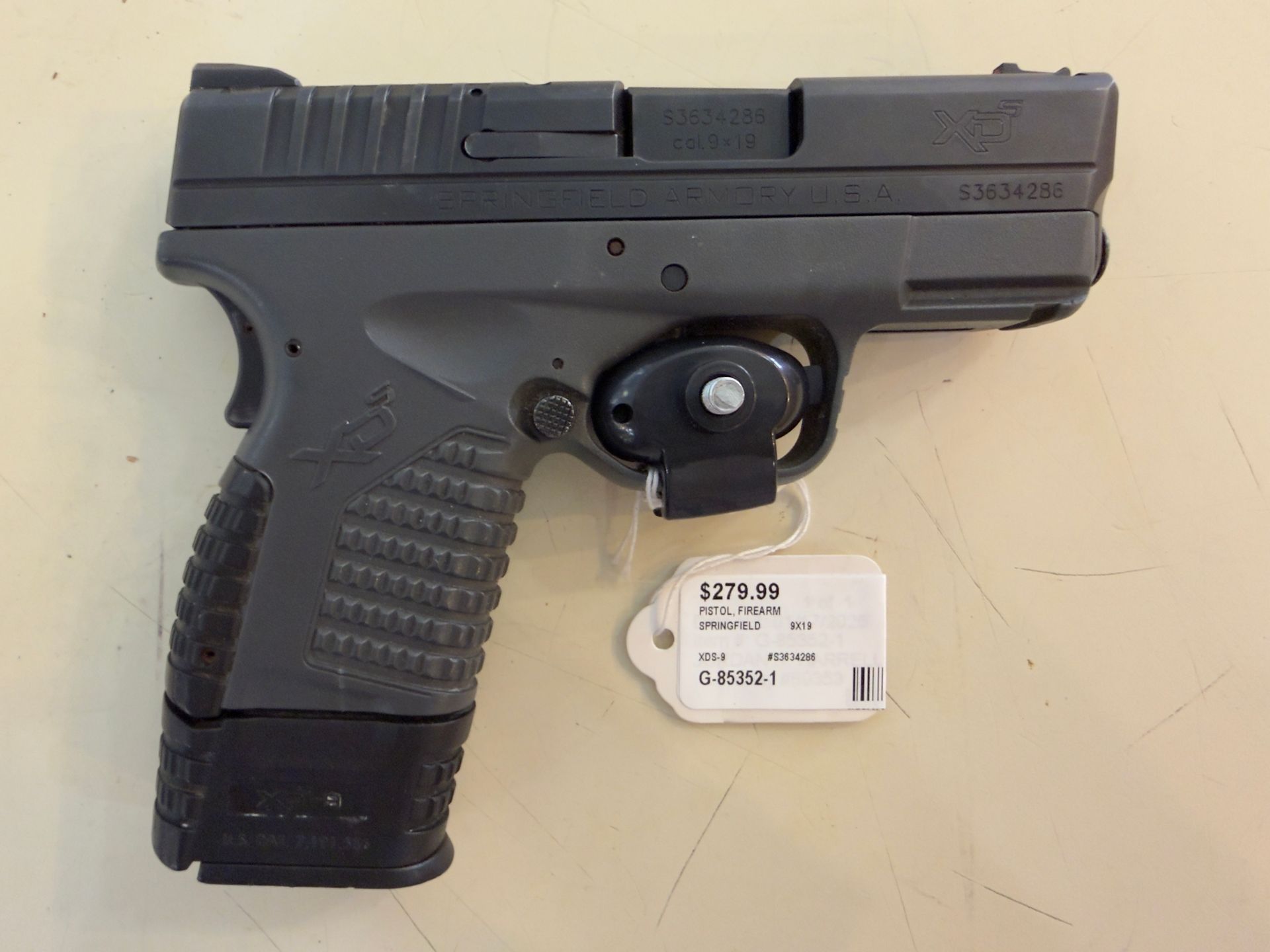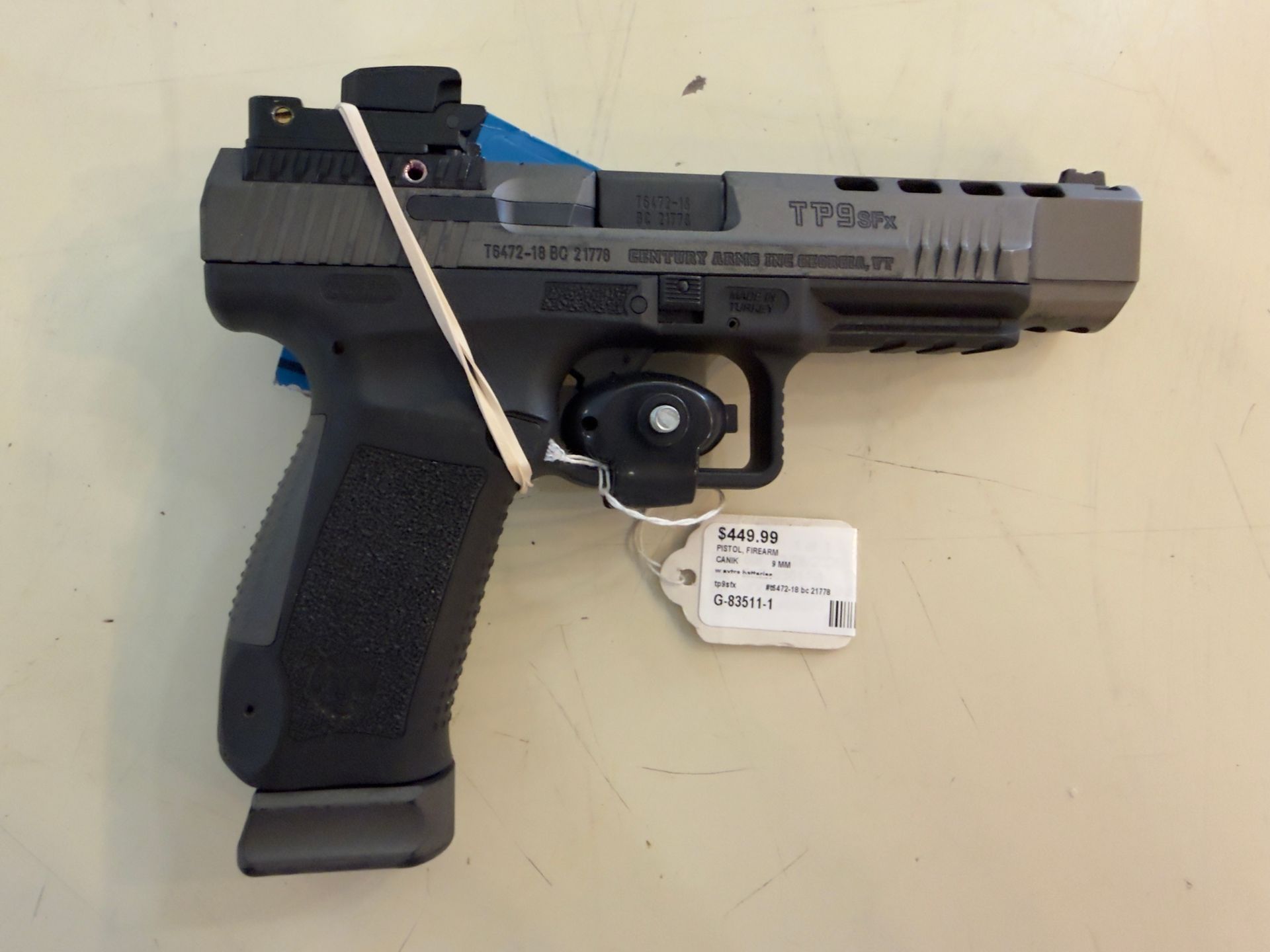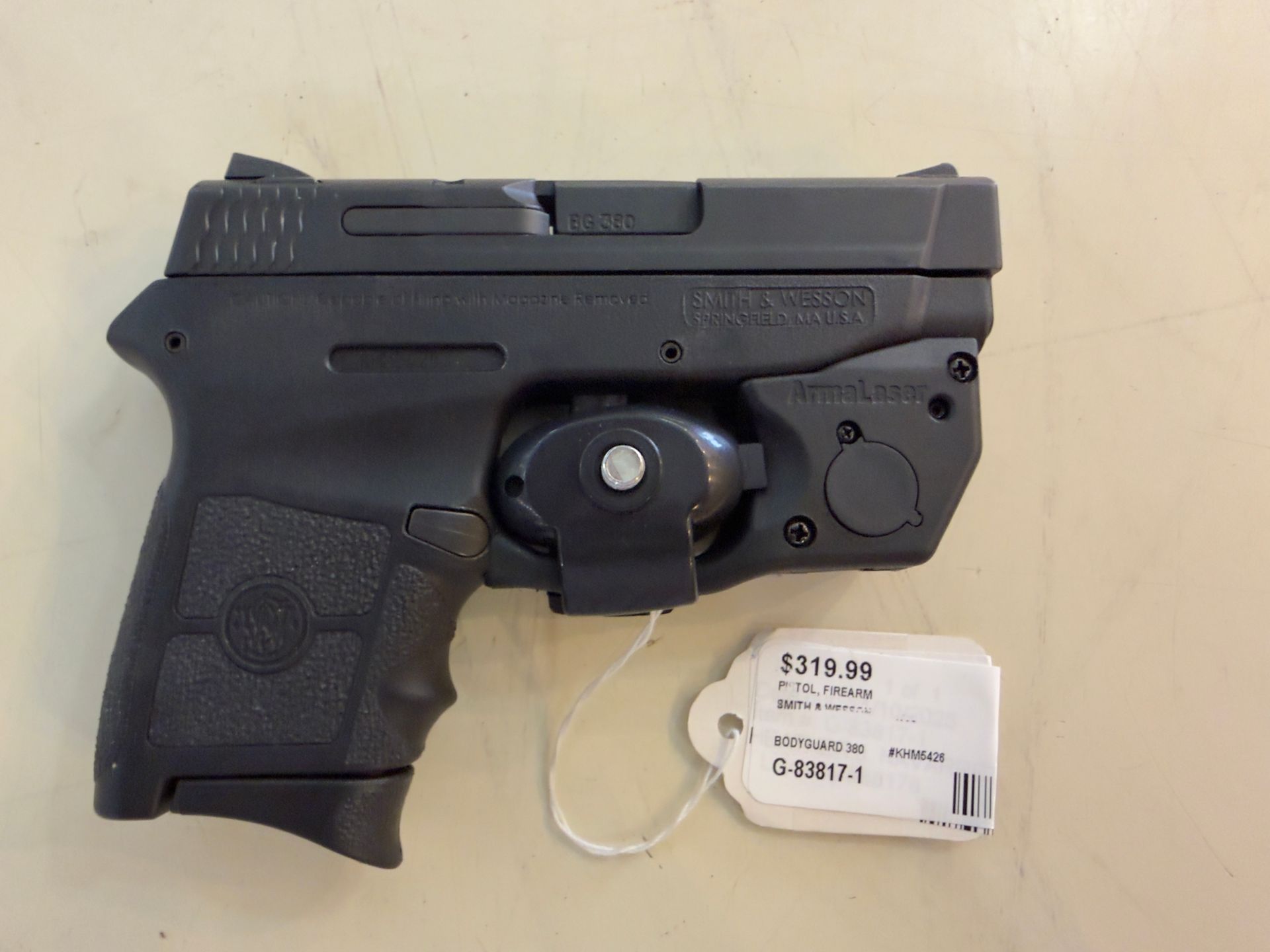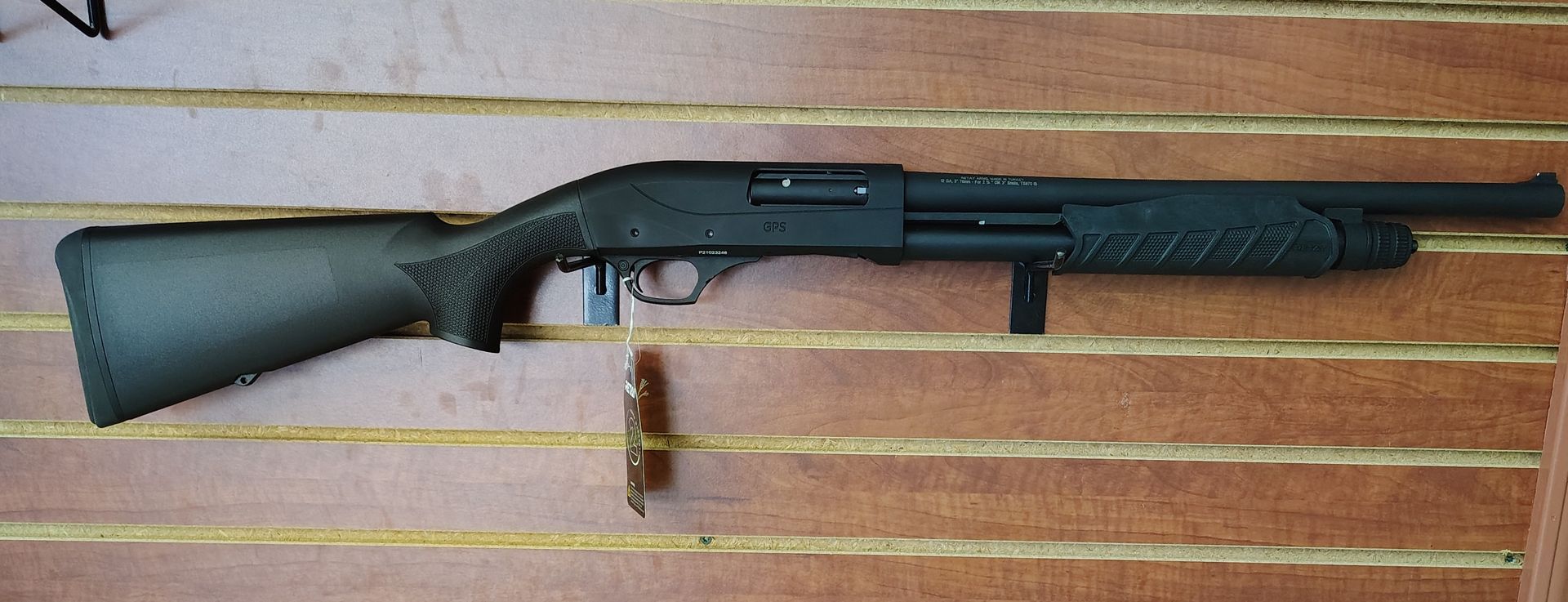Common Issues Encountered When Selling Gold To Pawn Shops
Selling gold at a pawn shop might seem like an easy way to convert your valuables into quick cash, especially if you're in a financial pinch. The concept isn't new; people have been trading gold for cash for centuries. Gold is one of those timeless assets that, whether in the form of jewelry, coins, or bars, holds value across cultures and economies. For many, pawning gold is a straightforward method to address sudden expenses or to receive fair value for unwanted items. Those excess pieces of jewelry or outdated gold items lying around can suddenly become useful.
Sellers typically have two main objectives: obtaining quick cash or ensuring they get a fair price for their gold. Though the process sounds appealing, approaching a pawn shop without preparation might lead to unforeseen challenges. Understanding what factors influence the offer you receive and having a clear idea of your priorities can make the difference between a satisfying transaction and a disappointing one. By diving into these potential issues, you can be better equipped to handle the negotiation process and come away with the best possible outcome.
Assessing the Value of Your Gold
Getting a solid grip on the value of your gold is the first step toward ensuring a successful sale. The value isn't just about the shine and sparkle. It's determined by a few critical factors:
- Weight: Gold's worth is primarily gauged by its weight, usually measured in grams or ounces. Heavier pieces naturally fetch higher prices.
- Purity: Gold is often mixed with other metals to boost its strength. Therefore, its purity, indicated in karats, plays a major role in determining its value. For instance, 24-karat gold is pure, whereas 14-karat gold is not.
- Market Price: Gold prices fluctuate based on market demand and global economic factors. Keeping an eye on these trends can help you find the best timing for your transaction.
Here's a helpful tip: before heading to the pawn shop, conduct a simple evaluation at home. Start by weighing your gold items with a digital scale, which provides an idea of their weight. Check for any stamps that might indicate the purity. Although these home evaluations won't be perfect, they do provide a rough estimate that helps during negotiations.
It's also crucial to have any certifications or documentation related to your gold. These papers often verify attributes like authenticity and purity, offering you leverage in securing a higher price. If you possess antique or vintage gold pieces, expert evaluations might be necessary, as these pieces can hold significant additional value.
Being well-informed about these aspects prepares you for discussions at the pawn shop. You'll not only come across as knowledgeable but also ready to engage confidently in price discussions. Whether you're dealing with sentimental heirlooms or hidden treasures, knowing what affects your gold's value makes the whole process less daunting.
Misunderstandings About Gold Pricing
When you're ready to sell your gold, a common surprise is finding out that the price you're offered may not align with the glittering expectations you had. Many people think that the offers should strictly parallel the current market price for gold, but this isn't usually the case with pawn shops. Understanding this distinction can help avoid disappointment. There's a big difference between market value and pawn value. Market value refers to the current global price of gold, which fluctuates based on demand and international events. On the other hand, pawn value considers various other factors, including the shop's costs and profit needs.
Pawn shops determine their offers by assessing things like gold's resale potential, the time it might take to sell, and their operating expenses. This is why your item might fetch a little less than market price. It's a supply and demand game, and these shops can't hold large quantities of material that take months to move. If you keep these points in mind, it can shift your perspective and help manage expectations when discussing pricing with a pawnbroker.
Dealing With Low Offers and Negotiations
One of the hurdles you might face is receiving lower offers than expected. This can happen for several reasons. Gold jewelry that contains stones or different metals might reduce the purity level, leading to a cut in value. Also, if the items are outdated or not in perfect condition, that might affect the valuation. Instead of accepting the first offer, consider negotiating. Here’s how to give yourself a better shot:
- Present Documentation: Show you've done your homework with certificates and evaluations before negotiating.
- Use Market Knowledge: Have an idea of market trends to make informed arguments during discussions.
- Stay Polite and Firm: Approach negotiations with respect but remain firm on your minimum price.
Understanding the pawn shop perspective can aid in negotiations. These businesses operate within tight margins and require liquidity to thrive. Knowing this can prepare you to negotiate by aiming realistically and ensuring your goals are achieved in a way that suits both parties involved.
Legal and Authenticity Issues
Ensuring your gold is legitimate and correctly registered helps prevent headaches. Selling counterfeit or unauthorized gold can have serious repercussions, both legally and financially. It's a firm rule for pawn shops to authenticate and verify legal ownership before purchasing or pawning gold items.
Pawn shops do this through careful inspection, looking for hallmarks, testing consistency, and even verifying identification against stolen goods databases. Presenting a clean, honest item along with original receipts or documentation makes this process run more smoothly and swiftly. For peace of mind, make sure everything is valid and transparent before you approach the pawnshop.
Smooth Transactions With Pawn Shops
Finally, making sure everything runs as smoothly as possible when you're ready to sell involves some smart preparation:
- Gather Everything You Need: Have your gold items, documentation, and a clear idea of what you're willing to accept.
- Communicate Clearly: Stay straightforward about your expectations and respond openly during discussions.
- Double-Check Before You Go: Make sure that all items are in good condition and that you have the necessary documents.
Staying honest and engaging in open communication often yields the best results at pawn shops. This builds trust, facilitates meaningful transactions, and can make the overall experience much more satisfying for everyone involved. As you prepare to sell your gold, keeping these considerations in mind will likely contribute to a satisfying and successful experience.
Ready to turn your unwanted gold into cash with confidence? At River City Pawn, we specialize in helping you get the best value in any transaction. As one of the premier
buying gold pawn shops, our team is dedicated to providing transparent and fair transactions every step of the way. Let us guide you with professionalism and integrity for a seamless selling experience.

